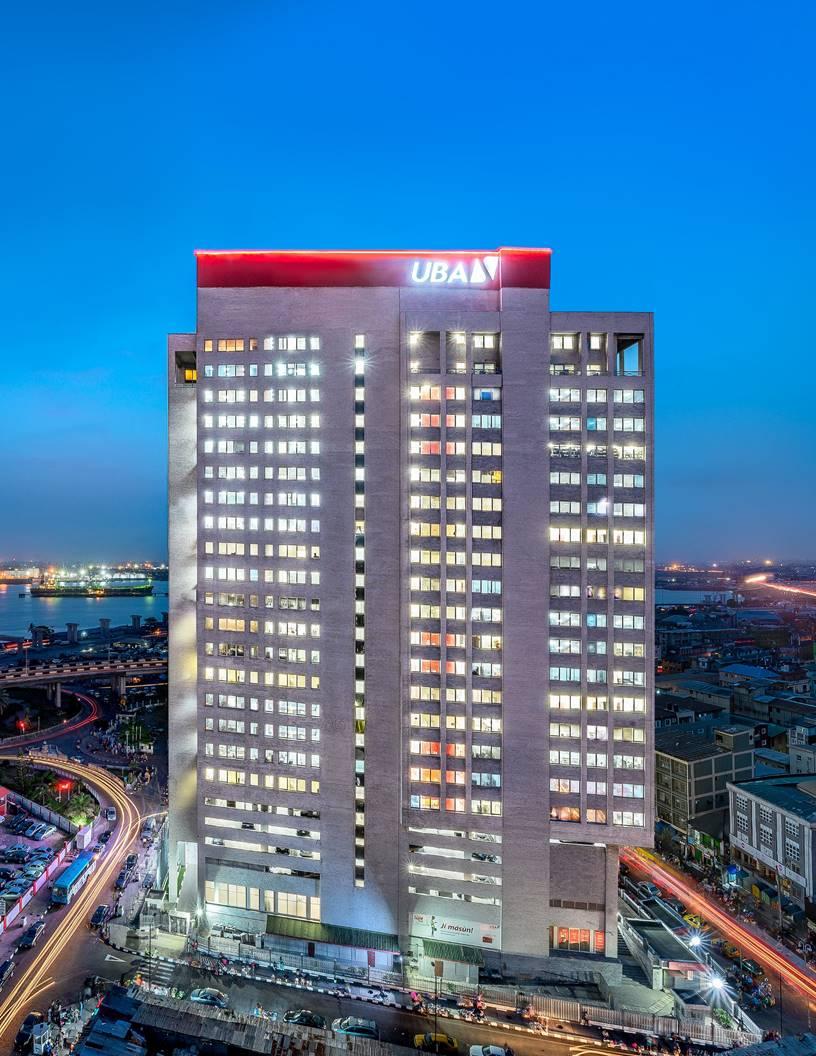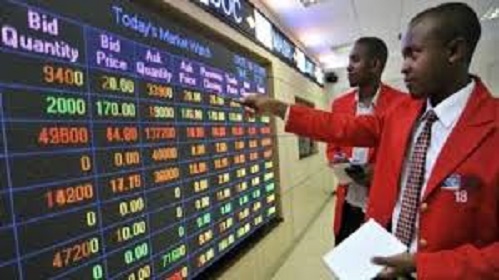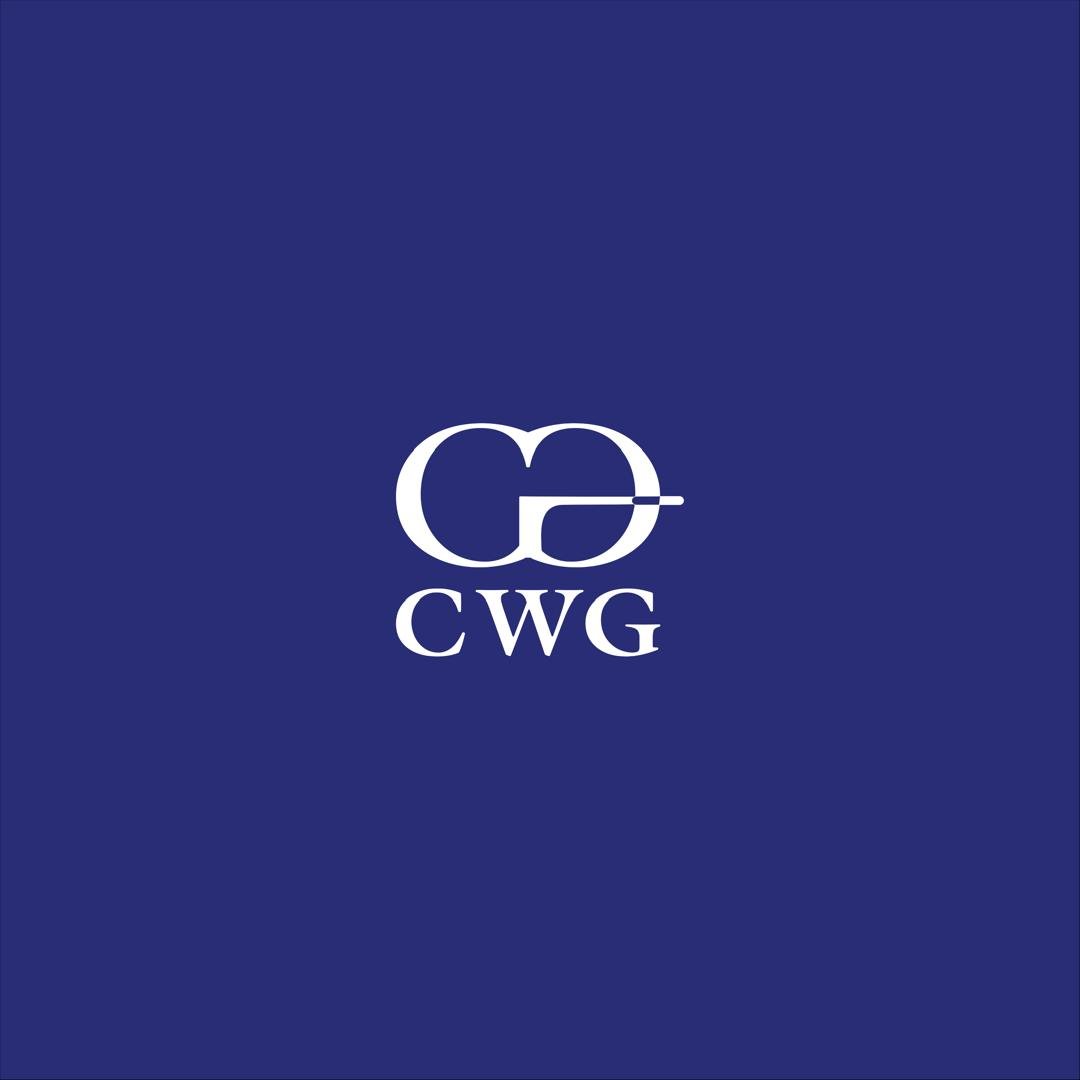
The board of United Bank for Africa Plc, on Monday presented its audited financials for the year ended December 31, 2023, showing robust tripple digit growth in key measurement yardsticks, including total revenue, which soared by N1.222tr or 143.34%. This performance was, however, outpaced by the equally significant 256.89% growth in net profit, just as total assets got 90.22% better, helped by the 66.69% growth in loans and advances. Total liabilities also improved by 87% as deposits from customers leaped 90.31% forward.
These translated to Earnings Per Share of N20.69, from which the directors have recommended a dividend per share of N2.30 in what may be a move to conserve funds ahead of the recapitalisation exercise in the Nigerian banking industry, which requires that those with international authorisation like UBA must have a minimum capital of N500bn to stay in the category.
According to the result submitted to the Nigerian Exchange Limited, UBA’s gross earnings improved by from N852.864bn in the comparative period of 2022 to N2.075tr last year; of which interest income accounted for a significant N1.075tr, up by 93.01% from N557.152bn; while interest expense rose by a faster 107.03% from N177.663bn to N367.807bn; leaving net interest income at N707.54bn, up by 86.45%, when compared to the previous N379.489bn.
Impairment charge for credit losses on loan soared from N19.671bn to N144.049bn; while net impairment charges on other financial assets grew from N22.297bn to N6.152bn. Net interest income after impairment on financial instruments rose to N500.339bn from N337.521bn.
Fees and commission income improved from N210.522bn to N307.313bn, driven by electronic banking income (Electronic banking income represents income taken on transactions processed via electronic channels such as ATM, POS, mobile banking as well as credit and debit card transactions), which yielded N1255.579bn from N78.947bn; credit related fees and commissions amounting to N34.218bn, up from N27.01bn, and the N31.545bn in funds transfer fee, up from N14.206bn. Fees and commission expense rose from N82.577bn to N118.254bn, which e-banking expenses amounting to N101.847bn from N61.557bn; while trade related expenses dropped from N14.138bn to N11.192bn. This translated to net fee and commission income of N189.059bn from N127.945bn.
Net trading and foreign exchange gain ramped up to N659.257bn from a mere N72.15bn; other operating income stood at N33.804bn from N13.04bn. Net monetary loss on hyperinflation stood at N32.804bn, of which N22.015bn accrued from the group’s operation in Ghana, while the balance N10.789bn was from Sierra Leone.
Employee benefit expenses stood at N182.812bn from N113.988bn; just as depreciation and amortisation increased to N36.596bn from N26.218bn; other operating expenses grew to N372.232bn from N209.885bn. Profit before income tax flew from N200.876bn to N757.68bn, just the same way as income tax expense increased to N149.984bn from the previous N30.599bn; leaving profit after tax at N607.696bn, up from N170.277bn.
On the balance sheet, total assets stood at N20.653tr, with loans and advances amounting to N5.228tr from N3.136tr; while total liabilities rose from N9.935tr to N18.623tr, helped by customer deposits at N14.891tr, more than double the previous year’s N7.824tr.














